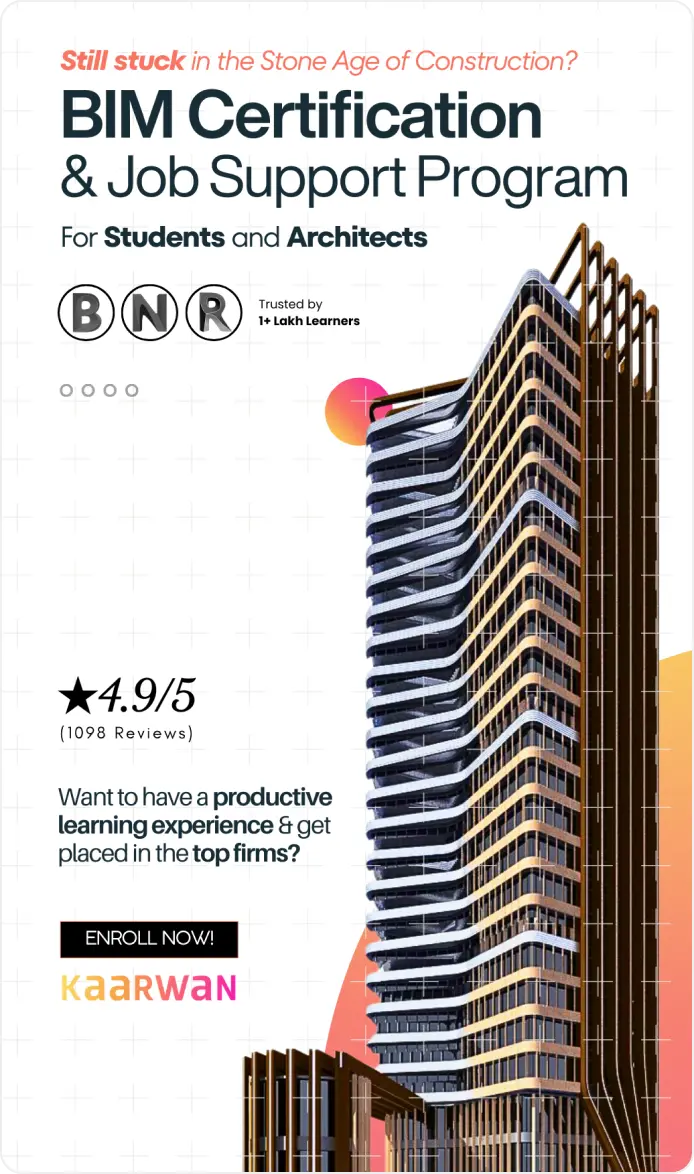Architectural journalism plays a pivotal role in shaping public perception of design and construction. As a field intertwining creativity and practicality, the responsibility of reporting with integrity is paramount. This article delves into the ethics that guide architectural journalism, highlighting the importance of maintaining high standards in the profession. By exploring the nuances of ethical reporting, we aim to shed light on how journalists can uphold integrity while delivering insightful and accurate content.
The Importance of Ethics in Architectural Journalism
Ethics in architectural journalism ensure that the information disseminated is accurate, fair, and respectful of all parties involved. Upholding ethical standards helps maintain trust between journalists and their audience, which is crucial for fostering an informed public. Ethical journalism also safeguards the reputations of professionals and projects featured in reports, providing a balanced view that helps readers make informed decisions about design and construction.
Defining Integrity in Journalism
Integrity in journalism encompasses honesty, accuracy, and a commitment to impartial reporting. For architectural journalists, this means presenting design and construction news without bias, providing a balanced view that respects the complexity of the industry. Integrity also involves a dedication to truthfulness, ensuring that every piece of information shared is verified and reliable, thus maintaining the credibility of the journalist and their publication.
Historical Perspective on Ethics in Journalism
Ethical journalism has evolved over centuries, with landmark cases shaping the standards we adhere to today. In architectural journalism, the emphasis on ethics has grown alongside the profession, influenced by broader journalistic principles and industry-specific challenges. Historical examples, such as the muckraking era, demonstrate how unethical practices can lead to public mistrust, highlighting the necessity for rigorous ethical guidelines in all forms of journalism.
Unique Challenges in Architectural Journalism
Architectural journalism faces unique challenges, including the need to balance aesthetic critique with technical accuracy. Journalists must navigate complex relationships with architects, developers, and the public, all while maintaining ethical standards. Additionally, the field's visual nature requires careful attention to the representation of images and plans, ensuring they accurately reflect the subjects being reported on without manipulation or bias.
Balancing Objectivity and Subjectivity in Design Reporting
Reporting on design inherently involves subjective opinions. However, maintaining objectivity is crucial for credibility. Journalists must distinguish between personal preferences and professional assessments, ensuring their reports are fair and unbiased. This balance allows readers to trust that while subjective viewpoints are presented, they do not overshadow the factual basis of the report, providing a comprehensive understanding of the topic.
The Role of Personal Bias in Architectural Critiques
Personal bias can subtly influence architectural critiques, affecting the fairness of the reporting. Journalists must be aware of their biases and strive to minimize their impact, presenting well-rounded perspectives that honor diverse viewpoints. By acknowledging and addressing their own preconceptions, journalists can offer more balanced critiques that respect the multifaceted nature of design and construction projects.
Ensuring Accurate and Honest Reporting
Accuracy is the bedrock of journalistic integrity. Architectural journalists must verify facts, cross-check information, and provide honest accounts of their findings. Misreporting can lead to misinformation and damage reputations. Ensuring accuracy involves meticulous research, corroborating sources, and a commitment to presenting the truth, even when it challenges prevailing narratives or popular opinions.
The Impact of Misrepresentation in Design Journalism
Misrepresentation can have significant consequences in architectural journalism. Inaccurate or biased reports can mislead the public, harm professional reputations, and undermine the credibility of the media outlet. Ethical journalism strives to avoid these pitfalls. Misrepresentation not only distorts the reality of a project but also erodes the trust that is essential between journalists, their audience, and the subjects of their reports.
Conflicts of Interest in Architectural Reporting
Conflicts of interest arise when personal or financial considerations compromise journalistic objectivity. Architectural journalists must disclose any potential conflicts and recuse themselves from reporting on topics where their impartiality might be questioned. Transparency about conflicts of interest is essential to maintain trust and uphold the integrity of the journalistic process, ensuring that coverage is not unduly influenced by external factors.
Ethical Dilemmas Faced by Architectural Journalists
Architectural journalists frequently encounter ethical dilemmas, from balancing commercial pressures with editorial integrity to deciding how much personal opinion to include in a critique. Navigating these dilemmas requires a steadfast commitment to ethical principles. Journalists must carefully weigh their decisions, often considering the broader impact of their work on the public's understanding and appreciation of architecture.
The Influence of Advertising on Journalistic Integrity
Advertising revenue is a double-edged sword for journalistic integrity. While essential for funding, it can exert undue influence on editorial content. Architectural journalists must safeguard their independence, ensuring that advertising does not compromise their ethical standards. This involves clearly delineating editorial content from sponsored content and resisting pressures to favor advertisers in their reporting.
Maintaining Credibility in the Face of Commercial Pressure
Credibility is paramount in journalism. Architectural journalists must resist commercial pressures that could compromise their integrity, maintaining a clear separation between editorial content and advertising. Upholding this boundary is crucial for sustaining reader trust and ensuring that journalistic content remains unbiased and reliable, free from the influence of commercial interests.
Best Practices for Upholding Ethical Standards
Upholding ethical standards involves adhering to established guidelines, continuous self-reflection, and a commitment to professional development. Best practices include thorough fact-checking, transparency, and accountability. Architectural journalists should engage in ongoing education about ethical issues, regularly review their work for bias, and seek feedback from peers to ensure they remain aligned with ethical principles.
The Role of Professional Organizations in Promoting Integrity
Professional organizations play a crucial role in promoting journalistic integrity. They provide ethical guidelines, offer training, and serve as watchdogs to ensure that journalists adhere to high standards. These organizations also advocate for the rights of journalists, support ethical practices through accreditation, and create forums for discussing ethical challenges, fostering a community dedicated to upholding integrity.
Educational Initiatives for Ethical Journalism in Architecture
Educational initiatives are essential for instilling ethical principles in aspiring journalists. Programs focused on ethics in architectural journalism equip students with the tools they need to navigate the complexities of the field. These initiatives often include coursework on ethical theory, practical training in ethical decision-making, and mentorship from experienced professionals, preparing students to enter the profession with a strong ethical foundation.
The Future of Ethics in Architectural Journalism
The future of ethics in architectural journalism will be shaped by ongoing debates and evolving standards. As the field grows, the commitment to ethical journalism must remain steadfast, adapting to new challenges while upholding core principles. Future discussions will likely address emerging ethical issues related to technology, globalization, and the increasing interplay between digital and traditional media.
The Impact of Digital Media on Journalistic Ethics
Digital media has transformed journalism, bringing new ethical challenges. The speed and reach of online content require journalists to be even more diligent in ensuring accuracy and fairness in their reporting. Digital platforms also pose challenges related to the monetization of content, privacy concerns, and the potential for misinformation to spread rapidly, necessitating a vigilant and adaptable approach to ethical standards.
Conclusion
Ethics and integrity are the cornerstones of architectural journalism. By adhering to these principles, journalists can provide valuable insights into design and construction, fostering an informed and engaged public. The commitment to ethical journalism not only upholds the credibility of the profession but also contributes to the advancement of the architectural field. Ensuring that architectural journalism remains a trustworthy source of information is essential for maintaining the public's trust and promoting the appreciation of architecture in society.
Ready to dive deeper into journalistic ethics and research? Enroll now in A Complete Guide - How to Write and Publish a Research Paper and enhance your skills today!
Visit the Kaarwan website for more insights!

